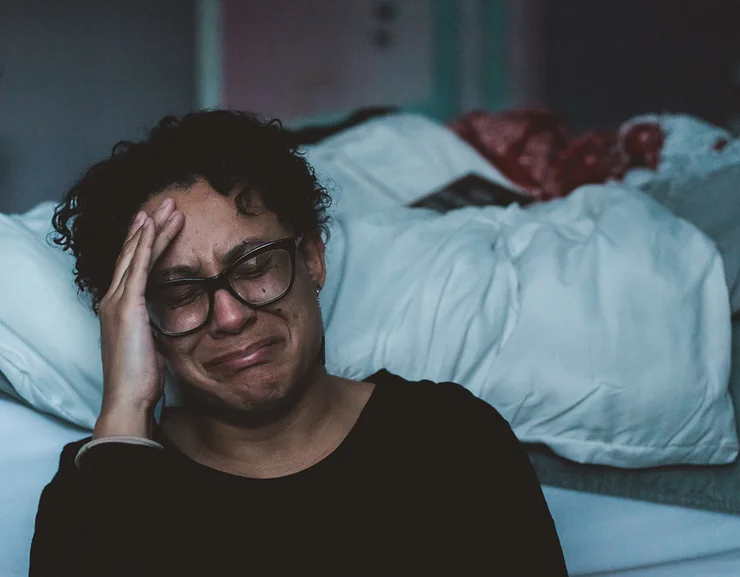It’s time for a #neveragain movement against domestic abuse : Anu Peshawaaria
Prevalence of domestic violence within South Asian Americans may be much higher than the general US population, says lawyer, social activist and author Anu Peshawaria.
Anu Peshawaria, a federal immigration and international law attorney, is also a social activist, author, speaker, legal advisor and mentor to several tech companies and non-profits in Silicon Valley. She has practiced in the Supreme Court of the United States, Supreme Court of Washington, and the Supreme Court of India for more than 35 years. She has also served as the legal advisor to the Embassy of India, Washington, DC and Indian consulates in San Francisco, Chicago, New York and Houston.
She has also authored three books on domestic violence: Never Again, which was published recently, The Immigrant’s Dream, and Lives on the Brink.
In a conversation with the American Bazaar, Peshawaria talks about various aspects of domestic violence among South Asian Americans.
Why do you think it was important to address domestic violence in South Asian community?
It is necessary to address domestic violence issues faced by Indian and South Asian women from India and elsewhere in South Asia because they marry Indian/South Asian men living in the United States and end up in violent or abusive domestic situations and many of those reasons are unique for several reasons.
Perhaps the most important one is that many of them are either completely unprepared or ill-prepared to deal with it because of the fact they find themselves in a wholly new sociocultural milieu in a country some 10,000 miles from India and other South Asian countries. Many of them fall into such relationships even before they have had the time to familiarize themselves with their immediate surroundings, let alone social and legal services available to them.
Secondly the issues are so complex that no amount of legal or social intervention is able to resolve these situations.
Thirdly the laws of immigration are so complicated that nobody really understands the effect it has on domestic relationships.
Lastly the resources available to women are very limited and a huge amount of social stigma and legal implications hold them back from reporting the crime.
Do you feel denial about domestic violence has done more damage in the past in the community?
Yes, it has. The women in past kept everything to themselves and suffered the violence due to social stigmas. They begin to believe everything they are told, that they are worthless, that they have no one except them, that they are incapable of making it alone in this foreign country where they do not know the rules, where you might not know the language. However, the women these days have overcome these obstacles and have started to call for help.
What do you suggest should be done to build a support system for women trapped in abusive relationships so that they can come ahead and talk about their situation?

